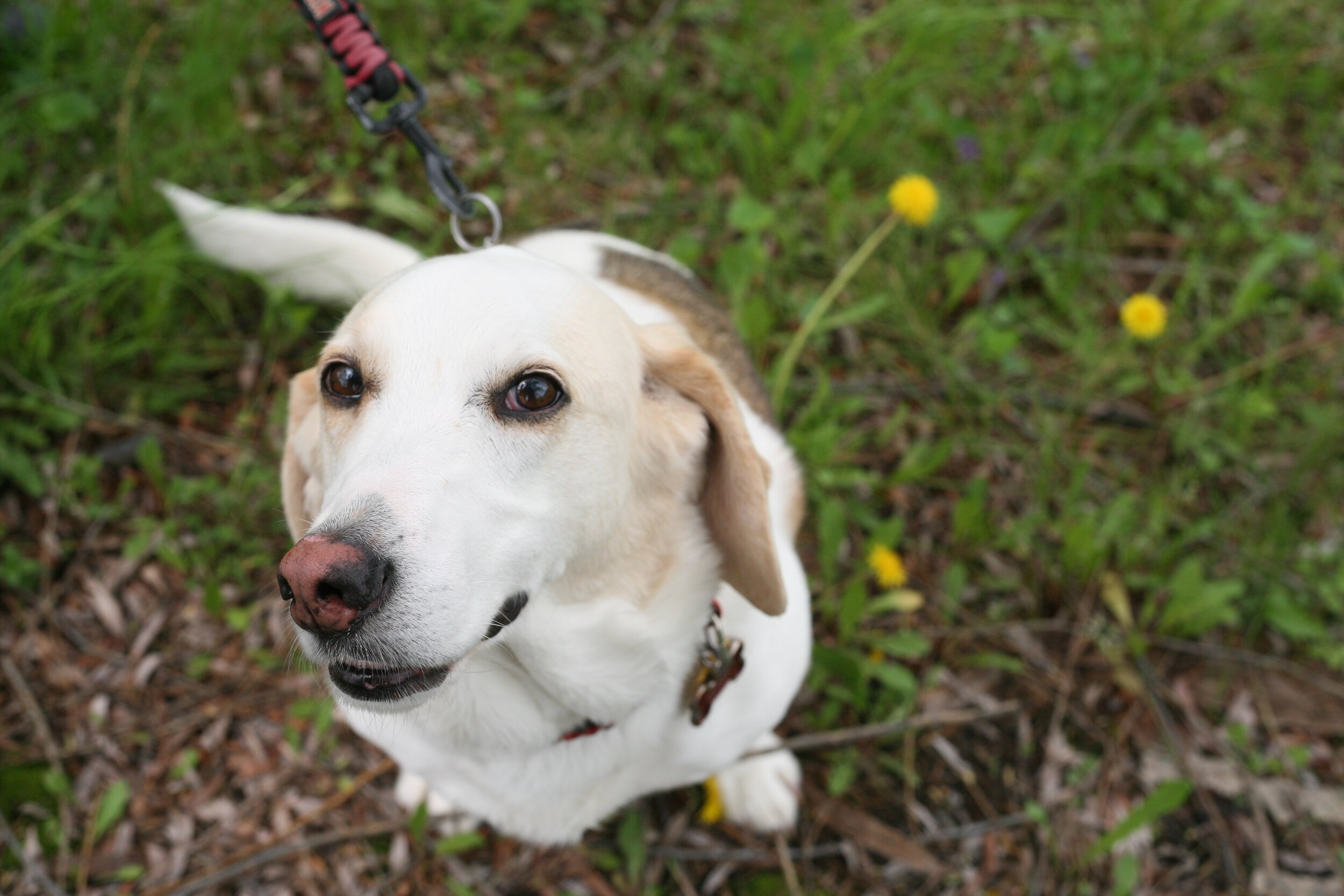What is the deal with chondrodystrophy, anyway?
Chondrodystrophic dogs are born to have short stature, and abnormal aging of the intervertebral discs. It's what makes a Dachshund or French Bulldog look like, well, a Dachshund or French Bulldog! I'm sure it comes as no surprise that there is a genetic reason why they look this way. But, did you know that someone has sorted out the genetic mutation that has been linked to chondrodystrophy and disc herniations?
What is the genetic mutation and what does it mean?
Several studies in 2019 (and earlier) looked at copies of 12-FGF4RG and 18-FGF4RG status in chondrodystrophic dogs and found that if a dog carried at least 1 copy of the 12-FGF4RG gene they were significantly smaller, younger and more likely to have radiographically calcified discs than those without. Furthermore, 12-FGF4RG was the only factor identified in multivariate logistic regression models that contributed to needing disc herniation surgery in mixed breed dogs. Mixed breed dogs? (You ask.) Yes, Dachshunds and French bulldogs, specifically, have such a high rate of carrying 1 or 2 copies of the 12-FGF4RG gene that it's impossible to say with the relative risk of disease is for these breeds with the mutation. In other words, if every Dachshund has the mutation is it actually related to disc herniation? Not sure yet. One study found that non-Dachshund and French Bulldogs had between a 5.1-15.1 fold increase of disc herniation if they had at least 1 copy of this gene.
What do I do with this information?
If you have a neutered animal, nothing. It might predict the risk of disc herniation in that animal but that animal is already born, and presumably loved, so this information is not actionable. If you have a client considering breeding you may be faced with the results of this genetic information and asked the question above. My opinion? There are specific breed risks so either read the published data on risk for the specific breed in question, or reach out to me and I'll gladly pass along the information. It's in a handy table, but not my data so I don't feel comfortable including it in the TidBit Tuesday mailer. If possible, breeders should try to breed dogs with zero or 1 copy to dogs with 1 or zero copies of the mutation to reduce it's presence in the breed. *This doesn't apply to Dachshunds or French Bulldogs for the above mentioned reasons!
Keep those chondrodystrophic dogs fit, healthy, and leading low impact lifestyles! It won't eliminate the risk of a disc herniation but it may make recovery easier.
Batcher K, Dickinson P, et al. Phenotypic Effects of FGF4 Retrogenes on IVDD in Dogs. Genes (Basel) 2019; 10(6): 435.
Do you have a case you'd like to discuss with me? Feel free to email, text, or call me! I'm still trying to see mostly video consults whenever possible but I'm gradually increasing the live consults performed. Either way, I look forward to (continuing) to work with you!

